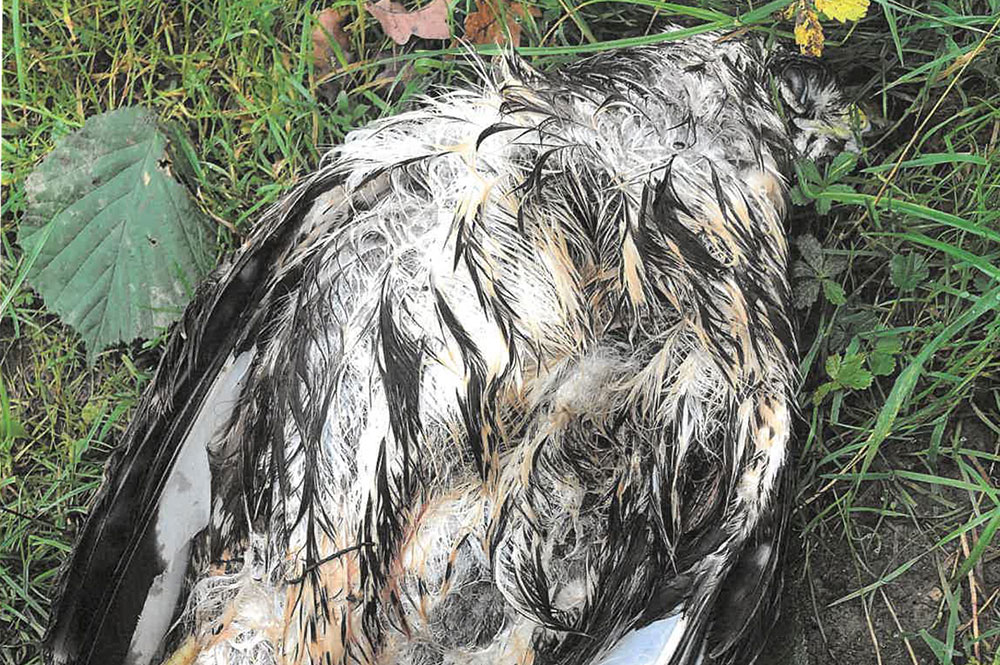Dozens of birds of prey were illegally shot, trapped and poisoned in 2019, according to the latest bird crime report from the RSPB – and North Yorkshire was the worst area.
There were 85 confirmed incidents of bird of prey persecution last year, involving birds such as buzzards, red kites, peregrine falcons, golden eagles and hen harriers, the report found.
And 15 of these – ranging from shooting, to trapping, to poisoning – were in North Yorkshire.
The RSPB said its data, peer-reviewed science and population surveys showed persecution was concentrated on and near grouse moors, and called for tougher action on the industry to end the killing of protected species.
It also said a growing number of satellite-tagged birds of prey such as hen harriers were vanishing in suspicious circumstances – leading conservationists to believe they had been illegally killed.
And persecution continued during the Covid-19 lockdown, according to the RSPB, with its investigation unit seeing its busiest ever spring dealing with reports of bird of prey crimes and helping police with investigations.
Destruction of rare wildlife

All birds of prey are protected under the Wildlife and Countryside Act 1981, but the RSPB warned the law was failing to protect them.
Mark Thomas, the RSPB’s head of investigations UK, said: “Once again the bird crime report shows that protected birds of prey like hen harriers, peregrines and golden eagles are being relentlessly persecuted, particularly in areas dominated by driven grouse shooting.
“At a time when the world – and the UK in particular – is seeing catastrophic declines in wildlife populations, the destruction of rare wildlife looks like the opposite of progress.”

North Yorkshire Police launched Operation Owl in 2018 to prevent the persecution of birds of prey.
It has since been rolled out nationally. Through the operation, the police
- carry out checks on known raptor persecution hot-spots at random times to disrupt offender activity
- work with local landowners to make them aware of the legal position on raptor persecution
- raise public awareness of raptor persecution by distributing information at country fairs, tourist venues, vets surgeries, animal marts and local community venues.
- encourage the public to be our eyes and ears, keep a look out for dead or injured birds, poisoned bait and pole traps, and report these to the police on 101.
A Government spokesperson said: “We recognise the importance of tackling wildlife crime, which is why we directly fund the National Wildlife Crime Unit who provide intelligence and support to police forces protecting our precious wildlife – including birds of prey.
“We are clear those found guilty of killing these majestic animals should be subject to the full force of the law.”
